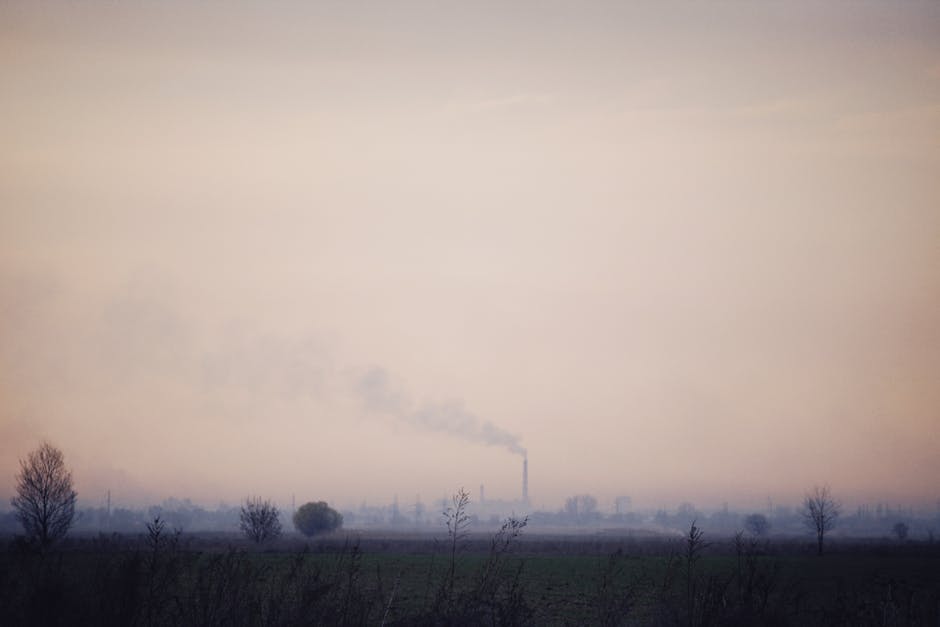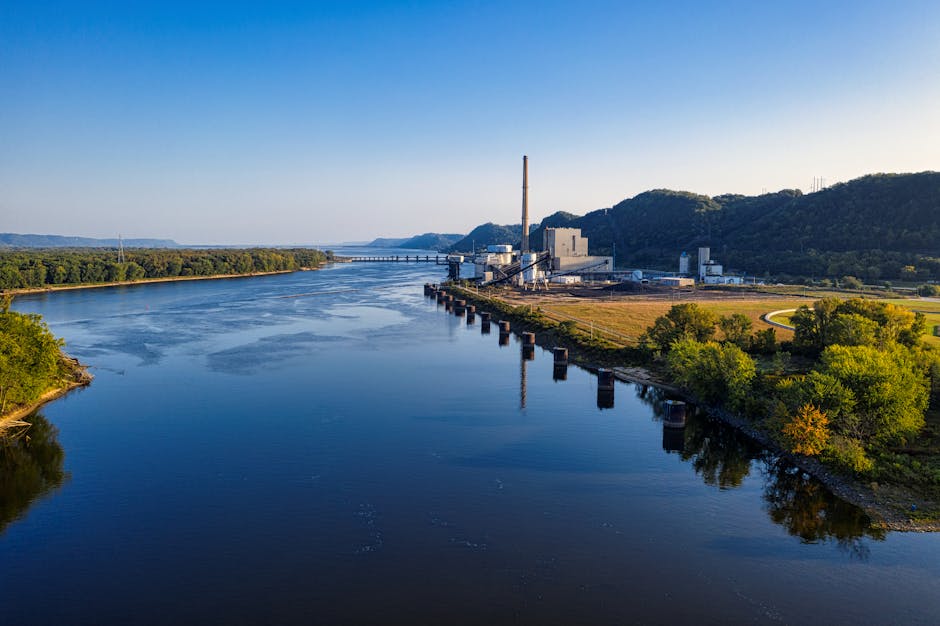The air quality in Ballygunge, a bustling residential and commercial hub in Kolkata, has recently sparked concerns. As of today, the Air Quality Index (AQI) in Ballygunge is 103, classified as “Moderate” by the Central Pollution Control Board (CPCB). While not hazardous, this level highlights the ongoing air pollution challenges in Kolkata and underscores the need for awareness and action.
Understanding the AQI
The AQI is a standardized metric used to assess air pollution levels. It measures key pollutants such as particulate matter (PM2.5 and PM10), nitrogen dioxide (NO2), sulfur dioxide (SO2), carbon monoxide (CO), and ozone (O3). An AQI between 101 and 200 falls under the “Moderate” category, indicating acceptable air quality with potential risks for sensitive individuals.
What Does an AQI of 103 Mean for Ballygunge?
An AQI of 103 suggests that while the air is not severely polluted, it is not entirely safe. Sensitive groups, including those with respiratory or cardiovascular conditions, may experience mild discomfort. Symptoms like coughing, throat irritation, and shortness of breath can occur, especially among children, the elderly, and outdoor workers.
Factors Driving the AQI in Ballygunge
Several factors contribute to the current air quality:
- Vehicular Emissions: Kolkata’s traffic congestion, fueled by cars, buses, and two-wheelers, is a significant pollution source.
- Construction Dust: Ongoing development projects in Ballygunge release particulate matter, worsening air quality.
- Weather Conditions: Kolkata’s winter climate traps pollutants close to the ground, preventing their dispersion.
- Industrial Pollution: Nearby industrial zones add to the area’s overall pollution levels.
Health Risks of Moderate Air Pollution
While an AQI of 103 isn’t an immediate threat, prolonged exposure can lead to chronic health issues like respiratory diseases, heart conditions, and reduced lung function. Residents are advised to wear masks outdoors, avoid strenuous activities during peak pollution hours, and use air purifiers indoors.
Steps to Improve Air Quality
Combating air pollution requires collective efforts:
- Government Action: Stricter regulations on emissions, construction dust, and industrial waste are essential. Promoting public transport, green spaces, and waste management can also help.
- Public Awareness: Educating residents about pollution sources and encouraging eco-friendly practices like carpooling and waste reduction is crucial.
- Technological Solutions: Adopting cleaner technologies and electric vehicles can significantly reduce pollution.
The Way Forward
The AQI in Ballygunge serves as a reminder of the importance of clean air. Authorities and citizens must work together to ensure a healthier environment. Staying informed about daily AQI levels and taking preventive measures can help protect public health.
For the latest updates on air quality and environmental issues, visit NextMinuteNews.




